Is Whale Watching Dangerous?
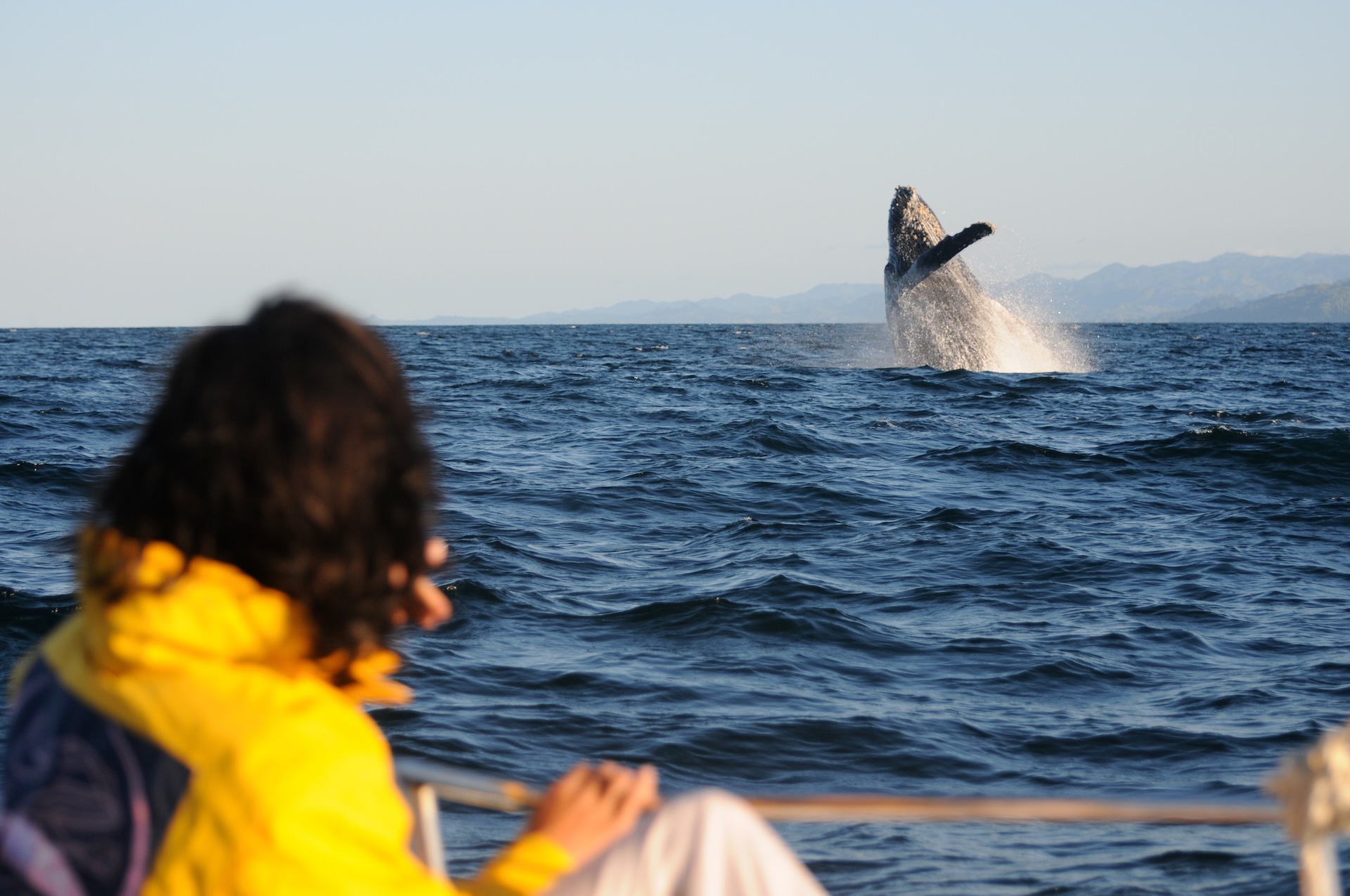
Spending time on the water can lead to unique experiences with friends and family. One of those experiences could be whale watching!
Seeing these majestic creatures up close and personal is something you'll never forget. However, despite the excitement, you might be wondering, is whale watching dangerous?
Here's what you need to know to protect yourself, stay safe when you're boating and whale watching, and make some great, lasting memories from your trip.
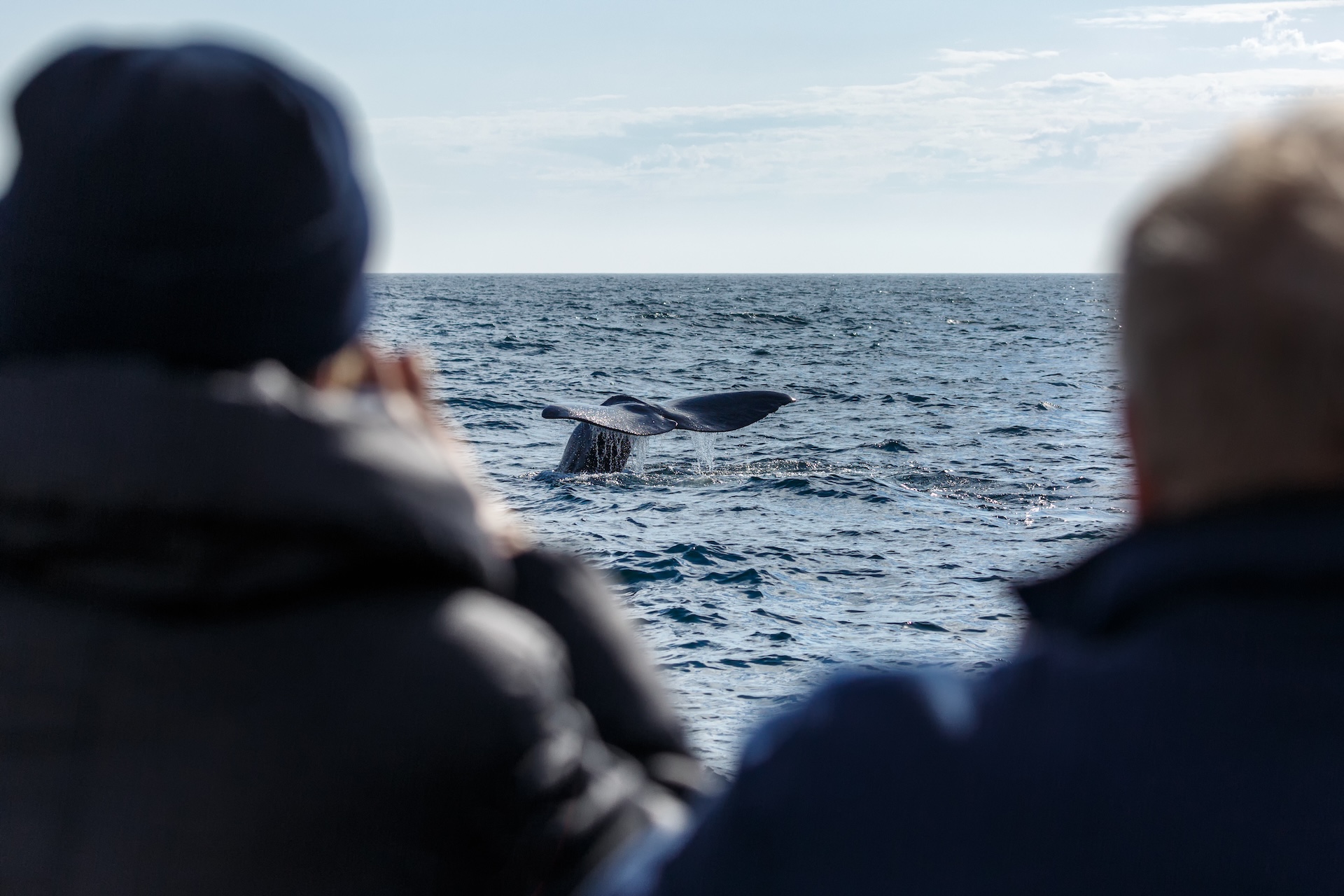
Is Whale Watching Dangerous? Understanding the Risks
You can probably guess that there are some inherent risks to whale watching. While reducing most of them is possible, avoiding them all is unrealistic.
So, understanding these risks can help you be prepared and enjoy a safe excursion.
Whale watching from a boat can put you at risk from sudden whale breaches, collisions, or rough seas. Depending on the animal's size and other factors, a breach could swamp or capsize the boat in extreme cases.
To be prepared if someone falls overboard during a close encounter with a whale, you'll need safety equipment onboard, including lifejackets and throwable flotation devices.
Keep Your Distance
Keeping a safe distance from whales can help you avoid swamping or capsizing. You also don't want to be close enough to touch or startle them.
Improper approaches or reckless behavior can upset whales and put passengers and crew at risk. Many people don't realize how large these animals are until they get close to them. Giving them plenty of space is far safer.
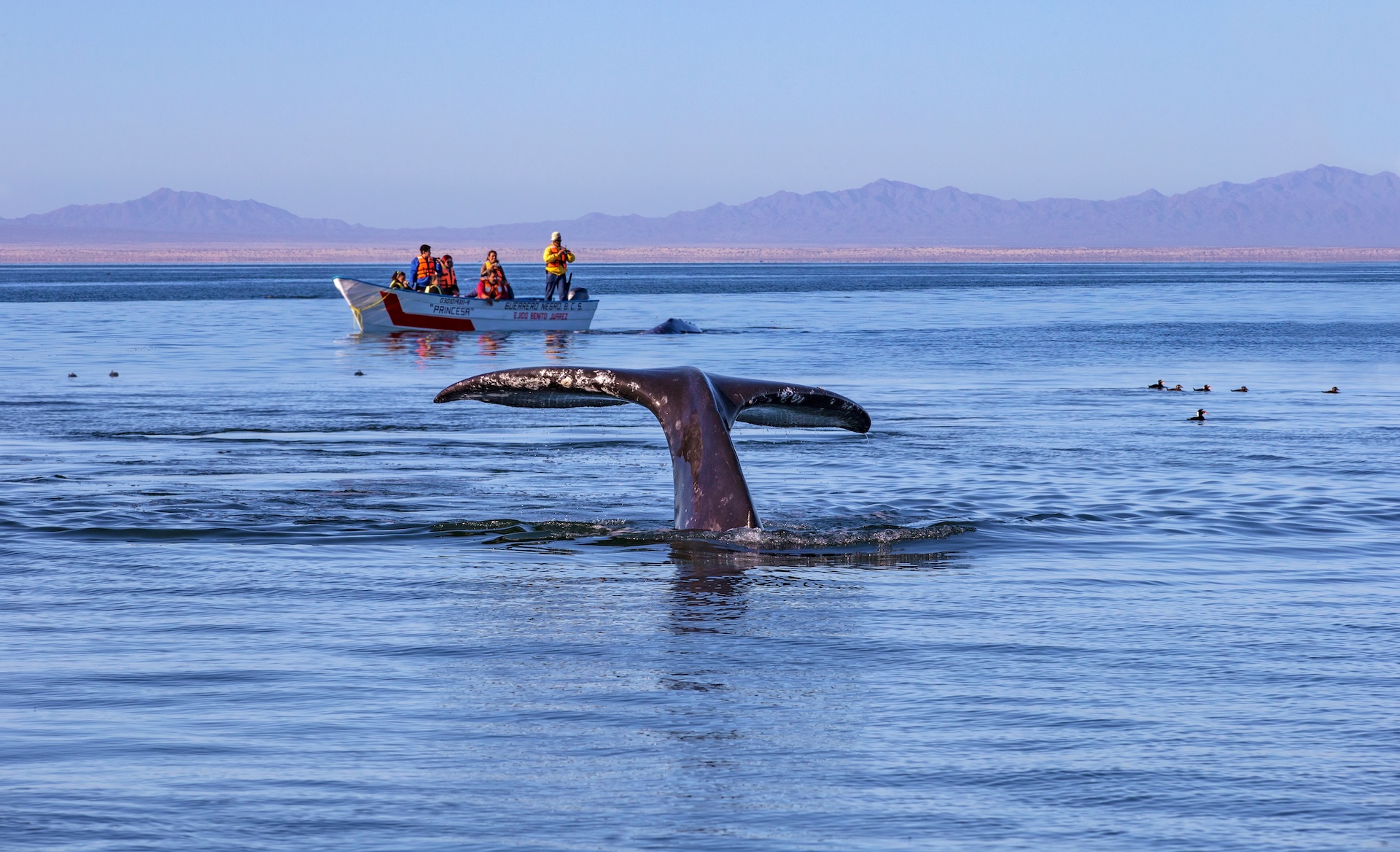
Rules and Regulations for Whale Watching
The Marine Mammal Protection Act (MMPA) was enacted in 1972 and is a federal law prohibiting the harassment, hunting, or harming of marine mammals, including whales. Harassment includes anything that can disrupt whales' natural behaviors, including loud noises, swimming too close to them, or chasing them.
Many people think it would be fun to touch a whale, but you're not allowed to get that close. Instead, keep your vessel at least 100 yards (300 feet) from any whales you encounter. While you can't control a whale moving closer to your boat, you must be prepared to move away from any whales approaching you.
Some whale species, such as North Atlantic right whales, require a larger buffer of up to 500 yards. It's crucial to understand how much space you're giving these animals and follow all legal and regulatory guidelines. This helps protect the whales and can keep you and your passengers safer.
Commercial Operators Need a Permit
Whale watching permits are required for commercial operators. These licensed professionals are familiar with safety regulations and ensure legal, respectful encounters with marine life.
It can be tempting to head out in your boat and look for whales, but planning an excursion with a commercial venture is far safer and has a higher likelihood of whale-viewing success.
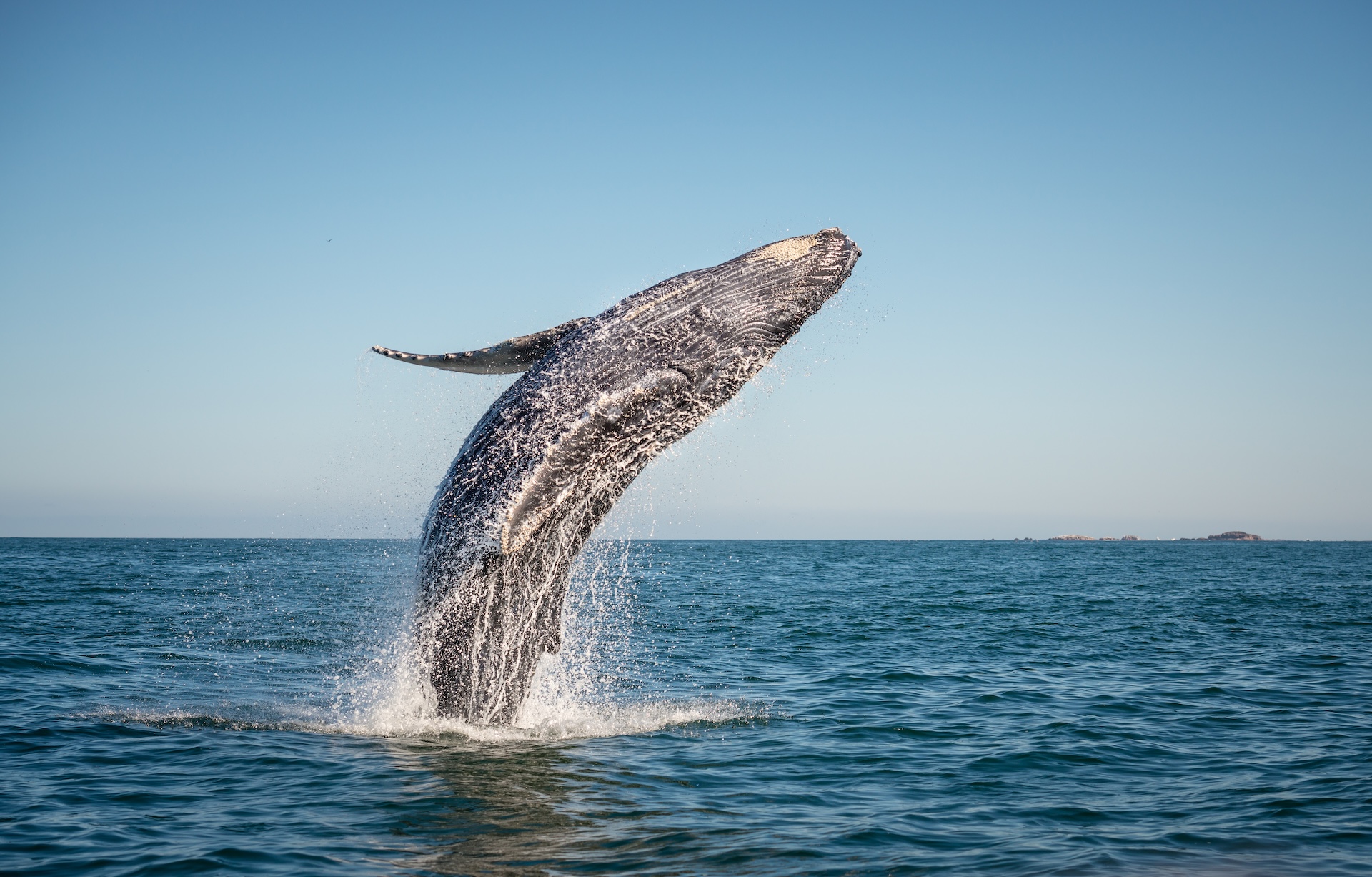
Is It Illegal to Touch a Whale?
Again, touching whales is illegal. Any physical contact with whales is considered harassment under the MMPA.
Not only does trying to touch one of these animals require you to get way too close to these large marine mammals, but it can also transmit harmful bacteria to whales or provoke defensive behavior. That puts both people and animals at risk.
Violations are Severe
Violations of the MMPA have serious consequences, including significant fines and penalties. These can be imposed for touching whales (or trying to), breaking the required space buffer with your vessel, or chasing or otherwise startling whales.
Reckless boaters or swimmers who attempt to interact with these animals can face steep fines.
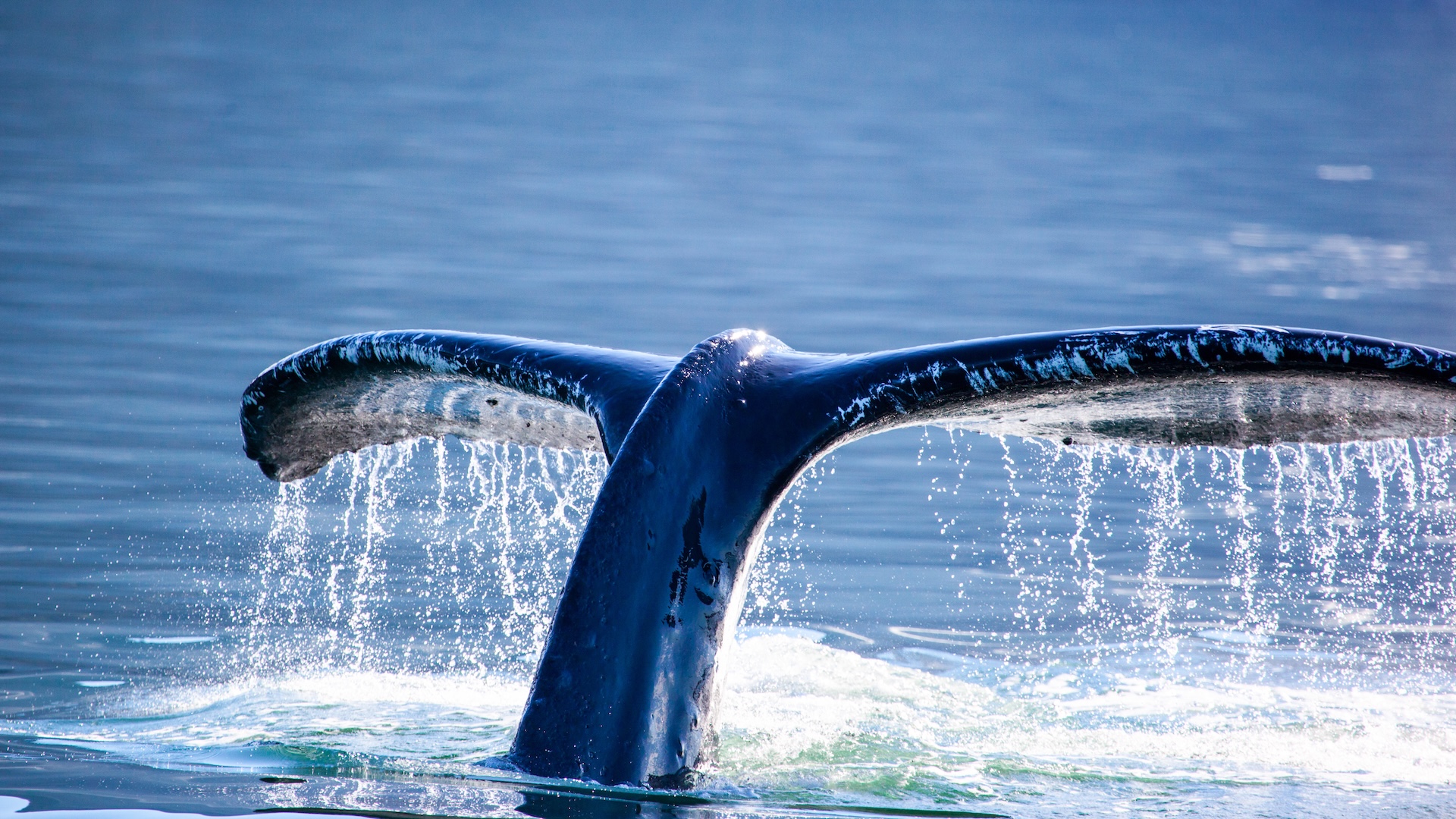
5 Responsible Whale-Watching Tips for Boaters
We don't want to discourage you from a whale watching adventure! Just follow a few tips and rules to be a responsible whale watcher and have an excellent experience.
Whether you're on a professional whale-watching excursion or in your own boat, make sure you:
- Observe from a distance: Use binoculars or cameras with zoom capabilities to enjoy close-up views without disturbing whales.
- Make slow and steady movements: Avoid sudden speed changes, loud noises, or direct approaches toward a whale or pod.
- Avoid chasing or cutting off whales: Allow them the freedom to move naturally and follow their course.
- Have proper safety gear: Make sure everyone on the vessel has a life jacket, including infants and children.
- Follow local and federal guidelines: Research whale-watching rules for your area to ensure compliance with all regulations.
While the MMPA is a federal law, specific local requirements for whale watching and related activities may also exist. Make sure you understand these rules before getting on a boat.
The Importance of Respecting Marine Life
Respecting marine life and protecting the ecosystem help keep waterways and their marine populations stable for future generations of boaters to enjoy. By following regulations, you help preserve marine life and their habitats, and that can mean more fun for all types of boaters.
Additionally, respectful, safe practices provide more meaningful and lasting whale-watching experiences for you, the people around you, and future whale-watching enthusiasts.
Treating marine life respectfully helps you feel confident you're doing your part to enjoy and protect the waterways you explore.
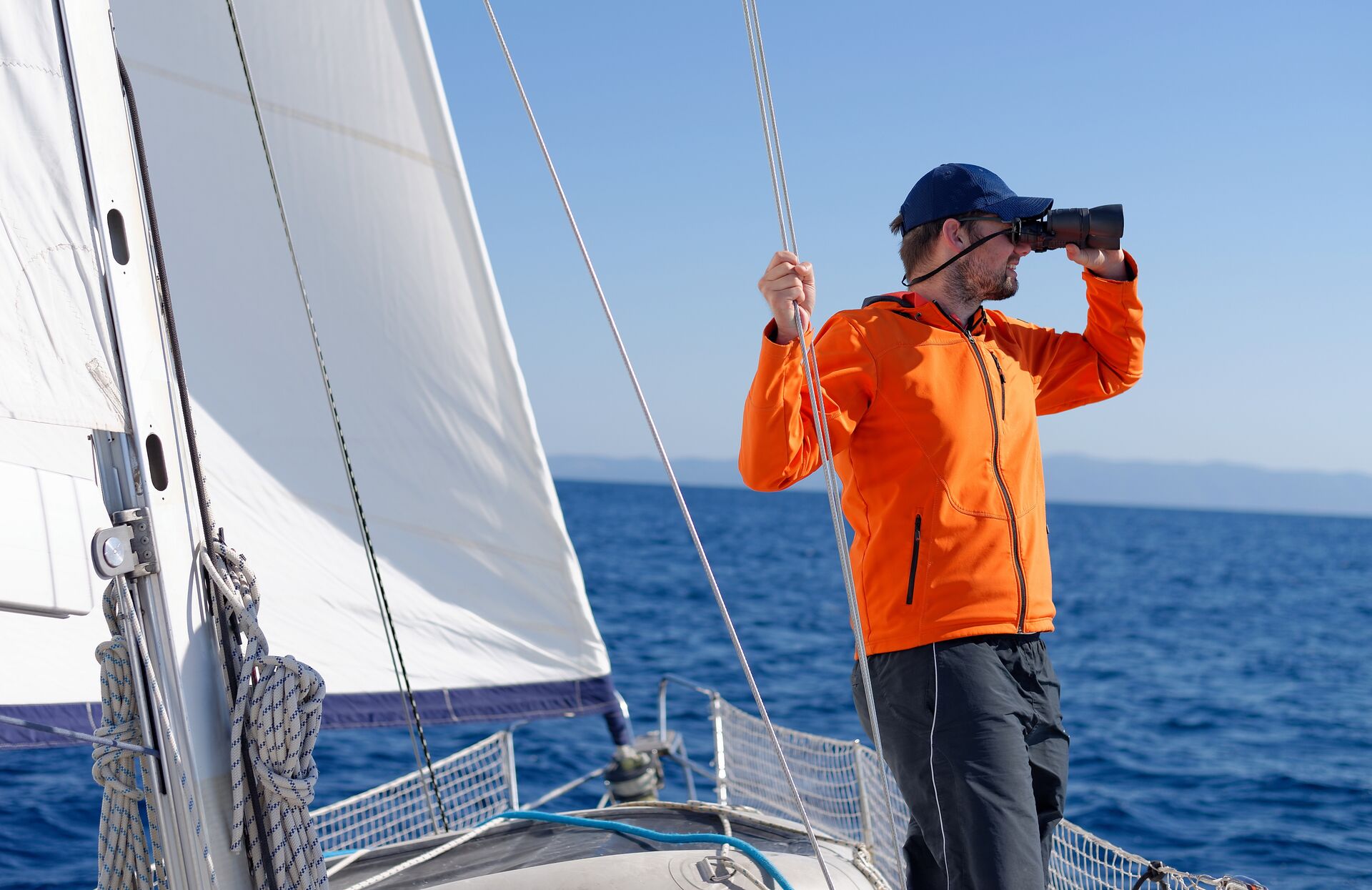
Stay Safe on the Water When Watching Whales
So, is whale watching dangerous? It can be if you get too close or don't follow safe practices and federal or local rules and regulations.
However, with a responsible approach, you can enjoy these beautiful creatures in the waters while on a boat nearby.
If you're piloting your own boat, one of the best ways to stay safe on the water is to take an online boater education course like the one we offer here at ilearntoboat. Then, whether you're whale watching, fishing, waterskiing, or just enjoying the day, you understand the essentials of safety on the water.
Whether you have a whale-watching trip planned this year or are excited to get your boat on the water for the spring and summer season, make sure you have your boater education card!
Take the ilearntoboat course for your state, then hit the water safely.
